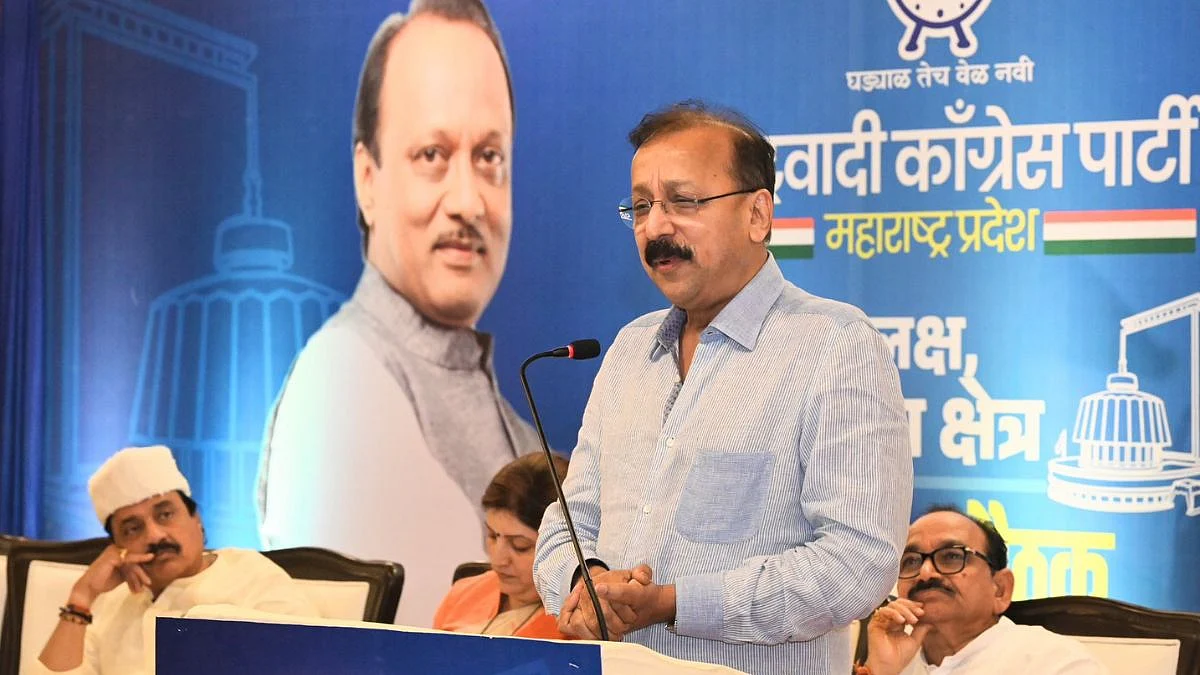Narendra Modi, born September 17, 1950, Vadnagar, India is an Indian politician and government official who rose to become a senior leader of the Bharatiya Janata Party (BJP). In 2014, he led his party to victory in elections to the Lok Sabha (lower chamber of the Indian parliament), after which he was sworn in as prime minister of India. Prior to that, he had served (2001–14) as chief minister (head of government) of Gujarat state in western India. The Modi-led BJP (and the BJP-led NDA alliance) won majority again in the 2019 general election. Although the BJP failed to secure a majority on its own in the 2024 Lok Sabha elections, the BJP-led NDA alliance won 293 of the 543 seats in the Lok Sabha, paving the way for Narendra Modi to become the country’s prime minister for a third consecutive term.
Early Life and Entry into Politics
Narendra Modi was born on September 17, 1950, in Vadnagar, Gujarat, India. He belonged to a humble family and worked at his father's tea stall as a teenager. He joined the Rashtriya Swayamsevak Sangh (RSS) in the early 1970s and became involved in politics through its youth wing, the Akhil Bharatiya Vidyarthi Parishad (ABVP). Modi's early political career was shaped by his association with the RSS, which provided him with a platform to develop his leadership skills and ideological grounding.
Rise in the BJP
In 1987, Modi joined the Bharatiya Janata Party (BJP) and quickly rose through the ranks. He became the general secretary of the Gujarat BJP in 1988, where he played a key role in organizing the party's campaign during the 1990 state assembly elections. Modi's efficient management of the campaign earned him recognition within the party leadership.
Chief Minister of Gujarat
In 2001, following the resignation of Chief Minister Keshubhai Patel, Modi was appointed as the Chief Minister of Gujarat. His tenure was marked by both development initiatives and controversies. The Gujarat riots of 2002, which occurred shortly after he took office, drew international criticism and raised questions about his handling of the situation. However, Modi's focus on economic development and infrastructure projects endeared him to many within Gujarat.
National Prominence
Modi's national prominence grew within the BJP, and he was appointed as the party's prime ministerial candidate for the 2014 general elections. His campaign focused on economic development, good governance, and Hindutva ideology. The BJP won a landslide victory, securing a majority in the Lok Sabha (lower house of parliament) and Modi became the 14th Prime Minister of India.

First Term as Prime Minister (2014-2019)
During his first term, Modi implemented several ambitious initiatives, including the Swachh Bharat Abhiyan (Clean India Mission), Make in India, and Digital India. He also launched demonetization in 2016, aimed at curbing black money and corruption. While these moves were applauded by some, they were also criticized for their implementation and impact on the economy.
Second Term as Prime Minister (2019-2024)
In the 2019 general elections, Modi led the BJP to another landslide victory. His second term has been marked by a renewed focus on national security, evidenced by the revocation of Article 370 in Jammu and Kashmir and the implementation of the Citizenship Amendment Act (CAA). However, his government has faced criticism for its handling of the COVID-19 pandemic and its impact on the economy.
Third Term as Prime Minister (2024)
In the 2024 general elections, Modi secured a historic third term as Prime Minister, further solidifying his position as one of India's most dominant political figures. His victory was attributed to various factors, including his charisma, the BJP's organizational strength, and the opposition's inability to present a viable alternative. However, his third term also poses challenges, including addressing economic recovery post-pandemic and managing social and political tensions within the country.
Lesser-Known Political Pointers
- Modi's tenure as Chief Minister of Gujarat saw the state achieve significant economic growth, with a focus on industries such as petrochemicals, pharmaceuticals, and textiles.
- He implemented several welfare schemes for marginalized communities, including the Beti Bachao, Beti Padhao (Save Daughter, Educate Daughter) initiative and the Pradhan Mantri Jan Dhan Yojana (PMJDY) aimed at financial inclusion.
- Modi's foreign policy initiatives have aimed at strengthening India's position on the global stage, with an emphasis on relations with major powers like the United States, Russia, and Israel.
- His government has faced criticism for its handling of environmental issues, including the controversial decision to allow commercial activity in ecologically sensitive areas such as the Western Ghats and the removal of restrictions on industrial pollution.










